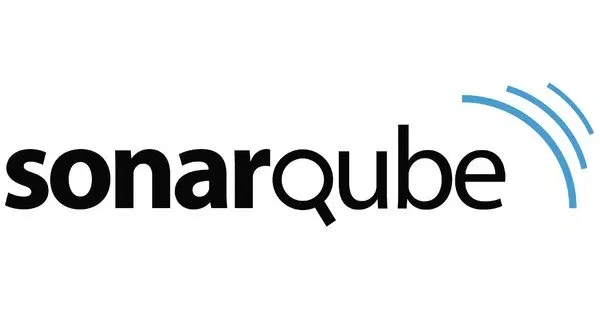One such challenge, documenting an introduction to DevOps, has proven to be a worthwhile deliverable in its own right. (You can read more about the origins of our internship program and how Liatrio’s DevOps Bootcamp documentation came about in Building a Successful DevOps Intern Bootcamp for Interns.)
DevOps Bootcamp for the GitHub Community
Interns who participate in Liatrio’s DevOps Bootcamp are encouraged to improve it whenever they come across an area that is lacking. Some of these improvements include outdated content, styling, or new sections. The internship program is nearing two years since its origin, and the documentation has reached a point where other people interested in DevOps could definitely benefit from checking it out. We wanted to share this content in a way that allows the DevOps community to easily contribute, so we transitioned the home of the documentation to GitHub as an open-source project and host it as a website.
I will now briefly explain what technologies we chose to accomplish this transition and why we chose them. (To see the finished product first, check out Liatrio’s DevOps Bootcamp and then come back to read the behind-the-scenes story!)
First, we created a public repository on GitHub, liatrio/devops-bootcamp. Next, we researched documentation tools that leveraged a balance between features and simplicity, leading to the discovery of docsify. Docsify is the perfect tool for the job because it is widely used on GitHub, supports Markdown, looks clean, is maintainable, and offers plugins that encourage editing on GitHub.
This required that the entire set of documentation be converted to Markdown. This is obviously a large task. However, it was deemed worthwhile considering the direction the project was headed in. In terms of implementation, docsify was very simple to pick up. The most difficult part was probably creating the sidebar as this is a manual step. Once a few sections of the bootcamp were converted to Markdown and docsify was successfully serving the bootcamp locally, it was time to determine the hosting solution.
Netlify was chosen to host the bootcamp due to its abundance of static-hosting features. Using our liatr.io domain, we configured continuous deployment, auto-renewing Let’s Encrypt certificates, and HTTP to HTTPS redirects. Once all of this was running smoothly, the last step was to create an introduction page that clearly outlines Liatrio’s DevOps Bootcamp.
Want to Contribute to Liatrio’s GitHub DevOps Bootcamp?
Liatrio’s DevOps Bootcamp is an ongoing project. If you want to contribute, please submit a pull-request, create an issue or star the Github DevOps Bootcamp repository and check it out later. You can also tweet us at @liatrio.

